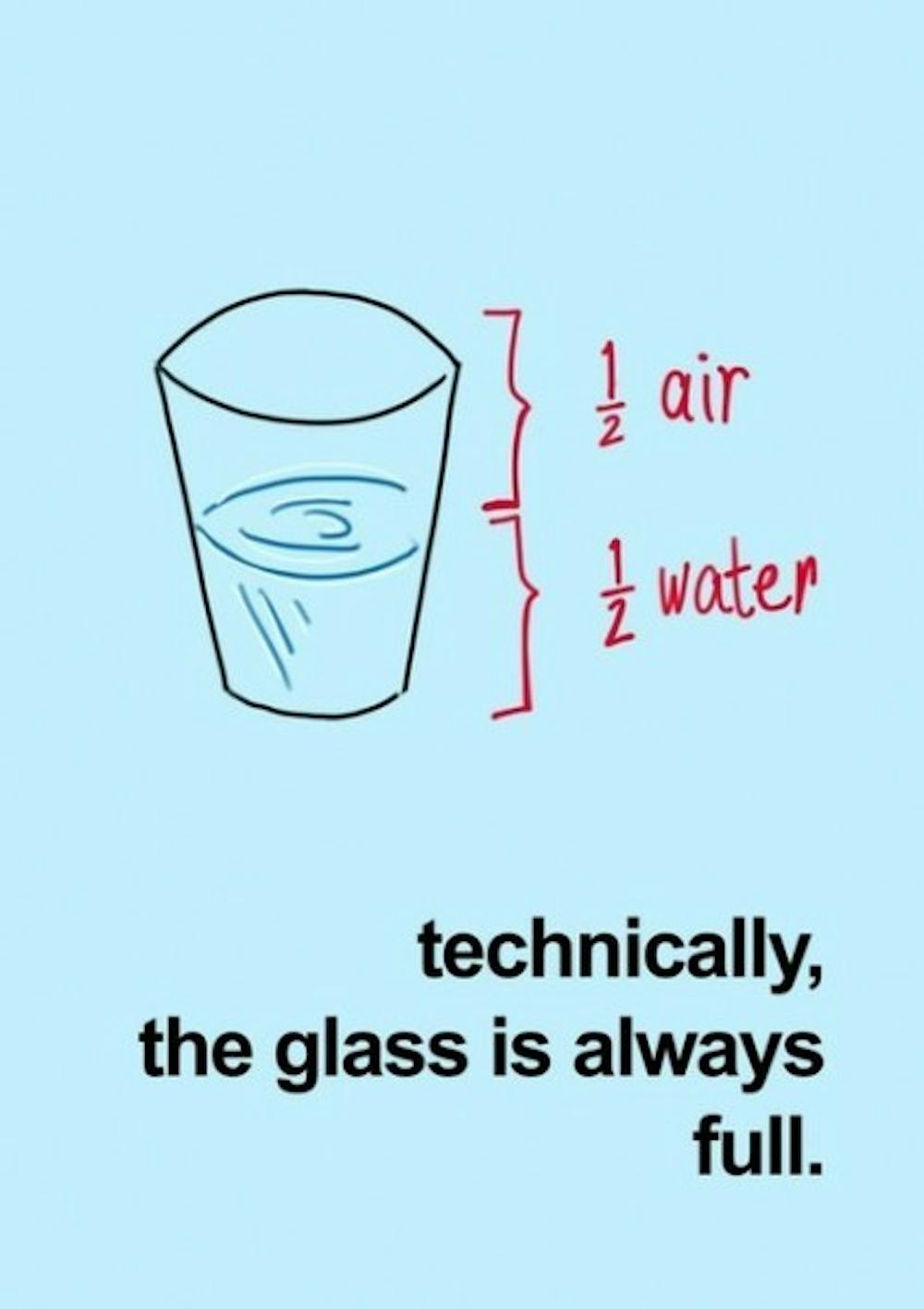After reading Martin Seligman’s “Learned Optimism,” I discovered two things about myself. First, I learned that I was a pessimist. This came as a surprise, because I never considered myself an overly pessimistic person, but I soon realized that pessimism was affecting my life in profound ways. Luckily, as I kept reading, I discovered that I could change my pessimistic views in order to reap the benefits of being an optimist. Optimists tend to perform better at work, resist depression when bad events occur and have better physical health.
Register for and take the Optimism Test in order to find out how you perform on the two basic dimensions of optimism. Take the test before you continue reading this article or else you won’t get a correct measurement of your optimism!
Optimism and pessimism are determined by our explanatory style, or the way that we explain the good and bad things that occur in our lives. When something bad happens, optimists think the causes of these events are temporary and specific to one aspect of life. If they do poorly on a math test, optimists figure that they can do better next time (temporary) and that this test in particular was super hard (specific). On the other hand, pessimists think bad events are permanent and universal. If they fail the same test, pessimists believe they did so because they are stupid (permanent) and are a poor student in general (universal).
Optimists also blame other people or circumstances when bad things happen to them, instead of blaming themselves. They failed that test because the teacher tested them too harshly. On the other hand, when good events happen, optimists think that the causes are permanent and universal to all aspects of life. They aced that science project because they are brilliant! Pessimists are the opposite, blaming themselves for bad events and others for good events.
Can you think of times when you made optimistic or pessimistic explanations for events in your life? Pay attention to people around you, and you will start to hear others making such explanations as well. “He didn’t call because he doesn’t like me,” instead of, “He didn’t call because he is busy this week.” “We lost the game because we aren’t that good at soccer,” instead of, “We lost because we were tired that day, but we can beat them next time!”
If you find yourself making pessimistic explanations, learn to argue with your instinctive thoughts. Consider evidence against your negative thinking and alternatives to your first explanation. One bad grade doesn’t mean you are bound for failure or that you are stupid. Think instead about how you did well on a test last week, how the teacher may have graded this test unfairly and how you can prepare differently next time. The way you explain these events can affect your self-esteem and how you approach your goals in life. Explanations are simply beliefs and pessimistic beliefs can be changed in order to improve the way you view your life!






